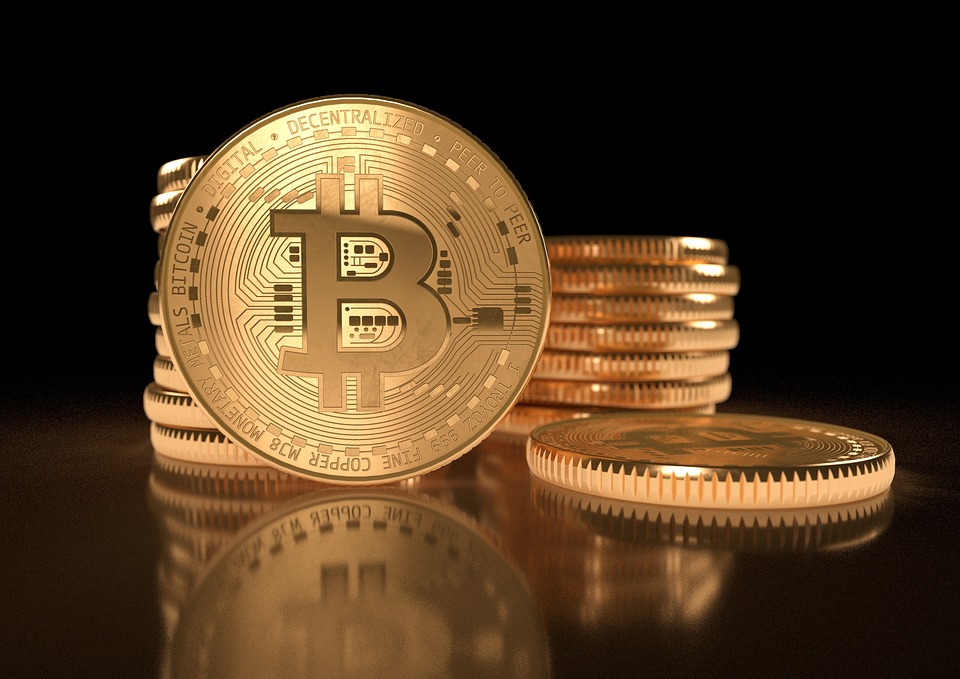Title: The End of an Era: How Antpool’s Acquisition of Bitmain Changes the Playing Field
The cryptoverse has been abuzz with the recent news of Antpool, a leading Bitcoin mining pool, acquiring Bitmain, the world’s largest cryptocurrency mining chip manufacturer. This monumental move has sent shockwaves throughout the industry, as it marks the end of an era and forever changes the dynamics of the space. In this article, we’ll delve into the implications of this acquisition and what it means for the future of cryptocurrency mining.
A New Era of Concentration
Bitmain, the Chinese behemoth, has dominated the cryptocurrency mining landscape for years, producing top-of-the-line mining rigs that power the global hash rate. Their Antminer line of products has been the go-to choice for miners worldwide. However, Bitmain’s growth and success came at a cost. The company’s dominance in the market allowed it to command high prices for its products and exert significant control over the market.
Antpool, on the other hand, is a cooperative mining pool operated by Bitmain. It is one of the largest mining pools in the world, responsible for processing a significant portion of the global Bitcoin transactions. By acquiring Bitmain, Antpool now has direct access to the manufacturer’s intellectual property, patents, and research and development capabilities. This move solidifies Antpool’s position as a major player in the market, allowing them to dictate prices and terms in the mining chip industry.
Loss of Competition and Innovation
The acquisition of Bitmain by Antpool has devastating implications for competition in the industry. With one entity controlling the majority of the market share, innovation and new entrants become significantly more difficult. The fear of being surpassed by Antpool’s vast resources and expertise may deter other players from entering the market, stunting the natural progression of technology and innovation.
Furthermore, Antpool’s ability to dictate prices and terms could lead to monopolistic practices, further consolidating their position. This could have a ripple effect throughout the supply chain, resulting in higher prices for miners, reduced profit margins, and limited access to innovative products.
Miner Centralization and Security
The concentration of power in the hands of a single entity like Antpool also raises concerns about miner centralization and security. As miners are forced to adapt to Antpool’s terms and prices, there is a higher risk of pool centralization. This could lead to a fewer number of dominant players controlling a larger percentage of the global hash rate, leaving the network more vulnerable to manipulation and attacks.
Additionally, with Antpool owning the majority of the mining equipment and intellectual property, they can potentially control the flow of Bitcoin transactions, raising concerns about security and censorship.
What’s Next for Miners?
For miners, this acquisition means a tumultuous future lies ahead. Prices for mining equipment and electricity will likely increase as Antpool capitalizes on their dominance. The fear of being squeezed out of the market could lead to increased consolidation, forcing smaller miners to merge or face financial ruin.
In the short term, this may lead to a temporary supply shortage, further driving up prices. However, in the long term, miners may need to adapt to alternative solutions, such as cloud mining or joining cooperative pools, to remain competitive.
Conclusion
The acquisition of Bitmain by Antpool marks a significant turning point in the cryptocurrency mining landscape. While it promises to consolidate the market and improve efficiency, it also raises concerns about competition, innovation, miner centralization, and security.
As the dust settles, miners and investors will need to reevaluate their strategies and adapt to the new playing field. Antpool’s acquisition of Bitmain has changed the game, and it’s unclear what the future holds for this rapidly evolving industry. One thing is certain, however – the era of competitive innovation and experimentation is coming to an end, and a new, more consolidated reality is emerging.

